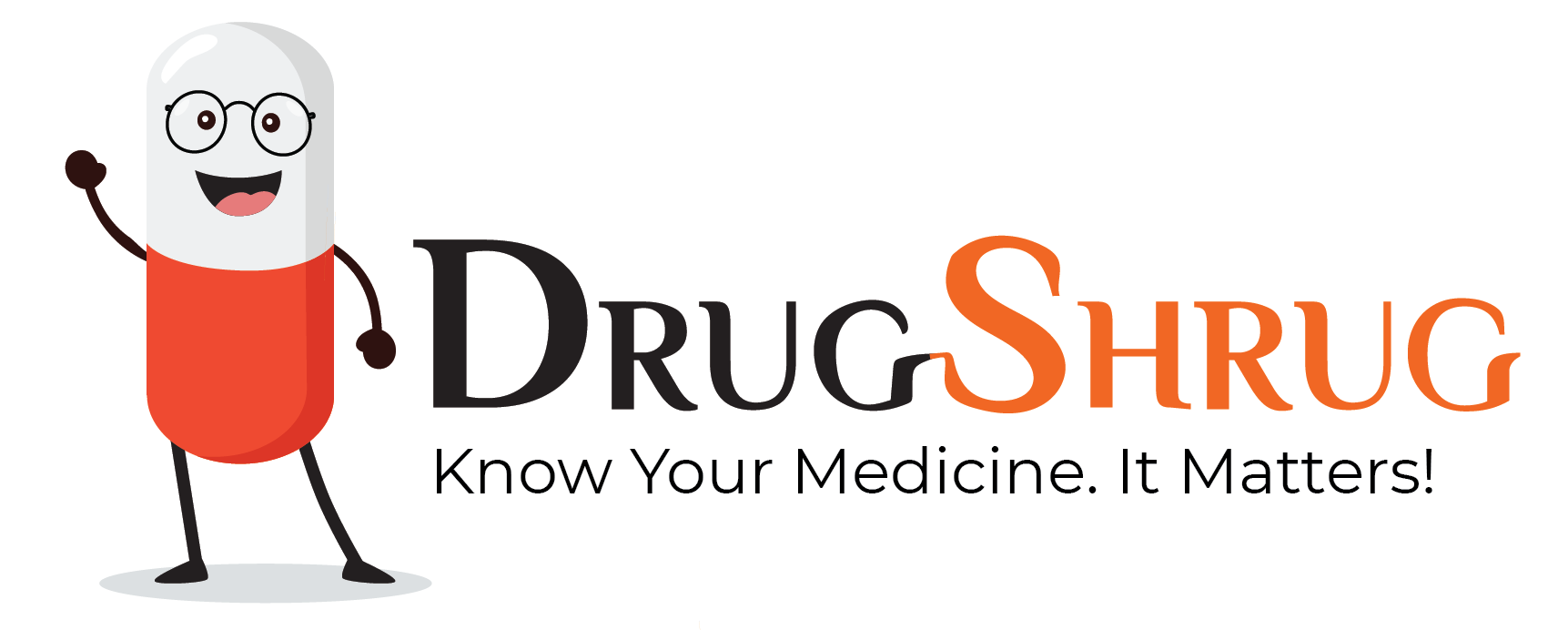What is Calciferol?
Calciferol is a Vitamin D2 capsule. It helps the body to use more calcium found in food and supplement.
This drug is used to treat hyporparathyroidism (a condition in which the body does not produce enough parathyroid hormone) and refractory rickets (softening and weakening of bones that does not respond to medication).
Its generic name is ergocalciferol and brand names are Drisdol and Calcidol.
What are the common conditions in which Calciferol prescribed?
Calciferol is prescribed to a patient suffering from hypoparathyroidism, refractory rickets and hypophosphatemia (low level of phosphate in blood).
This medicine can also be used for diseases not listed here.
How should I take Calciferol?
You should follow the prescription thoroughly and follow the guidelines mentioned of the instruction sheet.
You can take Calciferol with or without food. However, taking it after meal would be the best option.
Do not chew, crush or bite the capsule. Swallow it whole with plenty of water.
If you are using liquid medicine, measure the dose with help of measuring tool provided along the medicine. Do not use other utensils to measure the dose.
You may frequently need to go through medical tests.
Your doctor will change the medicine dose based on your progress or response to the medicine.
Taking Calciferol might bring change in your diet as well. The doctor will tell you what kind of food you can eat and what not.
Follow their instruction carefully.
When you should not take Calciferol?
You should not use this drug if you are allergic to vitamin D.
A person already having high concentration of vitamin D or calcium in their body should not take Calciferol.
Otherwise, this can cause malabsorption (a condition in which the body is unable to extract nutrients from food).
If you ever had or have any kidney related problems, heart disease or electrolyte imbalance, this medicine might not be the best choice for you.
The medicine is given to the patient based on their medical history, weight, and age. Therefore, do not take this medicine without professional consultation.
If you are pregnant, Calciferol might harm the unborn baby. So, tell your doctor about your pregnancy before taking this medicine.
The drug can be passed on to the newborn from breastfeeding. So, do not breastfeed your child while being on medication with Calciferol.
If you have a certain type of allergies or are a Diabetic, you should tell your doctor about it. Because, Calciferol contains some ingredients like peanut or sugar that might be harmful for you in such conditions.
What are the possible side effects of Calciferol?
First thing you need to check with the medicine is whether you are allergic to it.
Symptoms of an allergy may include:
- Swelling of lips, eyes or any other part of body
- Breathing problem,
- Hives
Some serious side effects of using Calciferol may include:
- Weakness
- Weight loss
- Muscle pain
- Nausea and vomiting
- Chest pain
- Growth problem in children
There can be other side effects as well that has not been mentioned in this description.
Consult your doctor immediately if you notice anything unusual in your body.
What to do if I miss the dose?
If you happen to miss the dose, take it as soon as you remember. But, do not take the missed dose anytime near the second dose.
It can cause poisoning.
If you overdose yourself with Calciferol, seek for medical emergency. This can be life-threatening if not looked by professional immediately.
Common Drug Interaction with Calciferol.
Drug to drug interaction can sometimes cause medicines to be less effective, slow down or ineffective. Therefore, you should be cautious about the drugs you are using together.
It is always better to let your doctor know about your current medication before they prescribe you any other medicine.
Multivitamins, antacids and mineral supplements are prone to interact with this drug.
Mineral oils, vitamin pills, herbal medicines or a diuretic can cause harmful effect on the body once interacted with Calciferol.
Bottom Line
Calciferol is a vitamin D drug used to treat conditions like hypoparathyroidism.
It is a prescription medicine that should not be taken otherwise.
Keep the drug unreachable of children under age 3.


